[Photo Sparks] Beyond the Senses: Thinking out of the box at the Sensorium in Singapore!
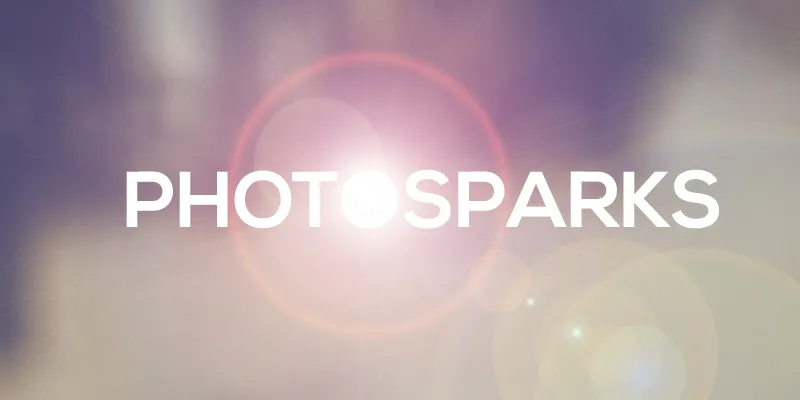
In the earlier 15 posts, we brought you creative photographs from an art fair, music festival, telecom expo, art museum, mobile showcase, math museum, social hackathon, bookstore, co-working space and computer museum. In this photo essay, we take you through a walking tour of the Sensorium 360° installations at the Singapore Art Museum. Make YourStory’s PhotoSparks your regular source of photographs that celebrate creativity and innovation!
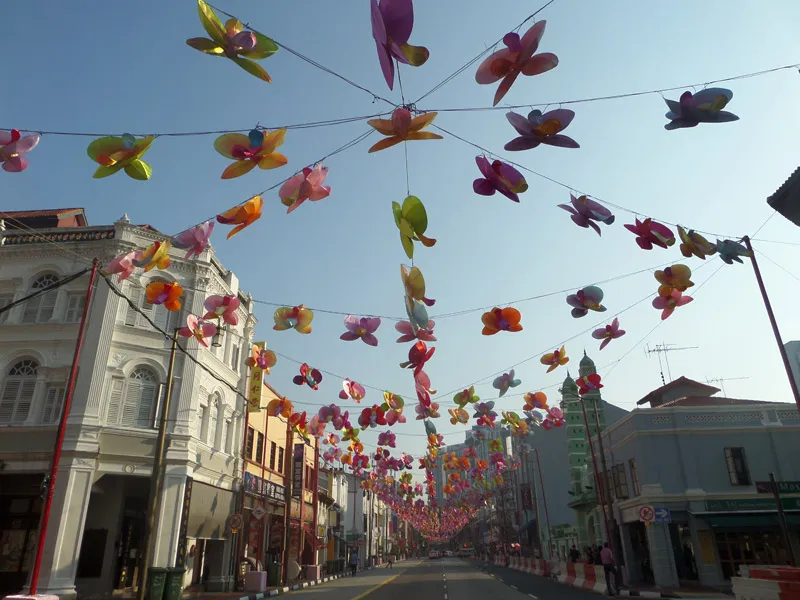
Singapore in September! This is a great week to be in Singapore, with the annual Night Festival of music and art as well as the Mid Autumn Festival (also called Mooncake festival). It represents a thousand year-old-tradition and the Chinese version of Thanksgiving, with mooncakes, pomelos, fragrant tea and brightly-lit lanterns.
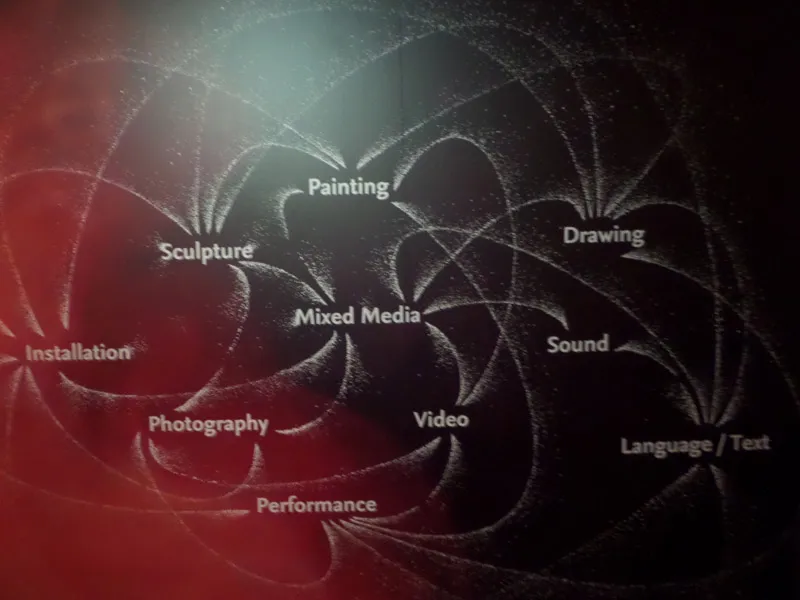
Question your frameworks: The Museum of Art, one of the venues of the Night Festival, is always a great place to check out new exhibits, collections and artists, as described in this poster at a gallery entrance. A key trait for an innovator is to be able to frame problems in new ways, and art is a great way to question your assumptions about the way the world is interpreted.
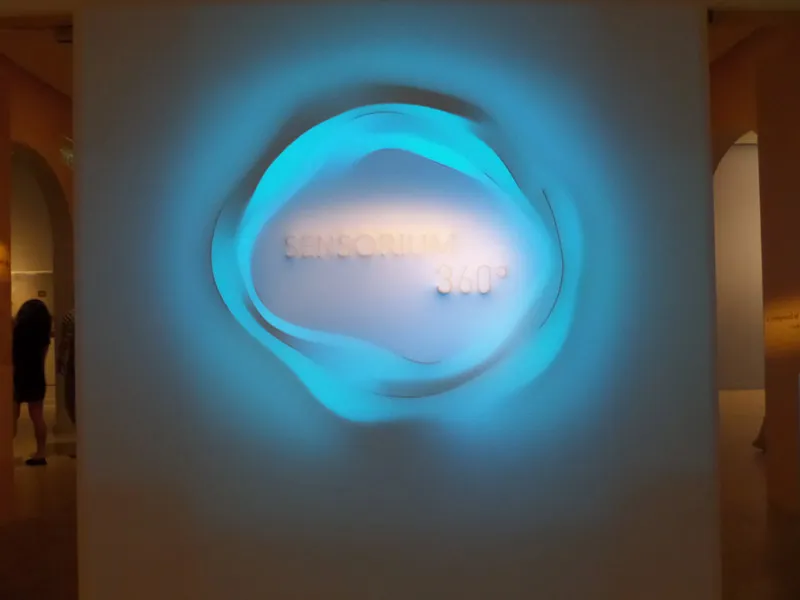
Sensorium 360°: This art exhibition entices us to go beyond vision to ‘see’ the world through the other senses, and explore connections between them. Good restaurants, for example, cleverly blend visuals, space, music, aromas and tastes to create the perfect experience.
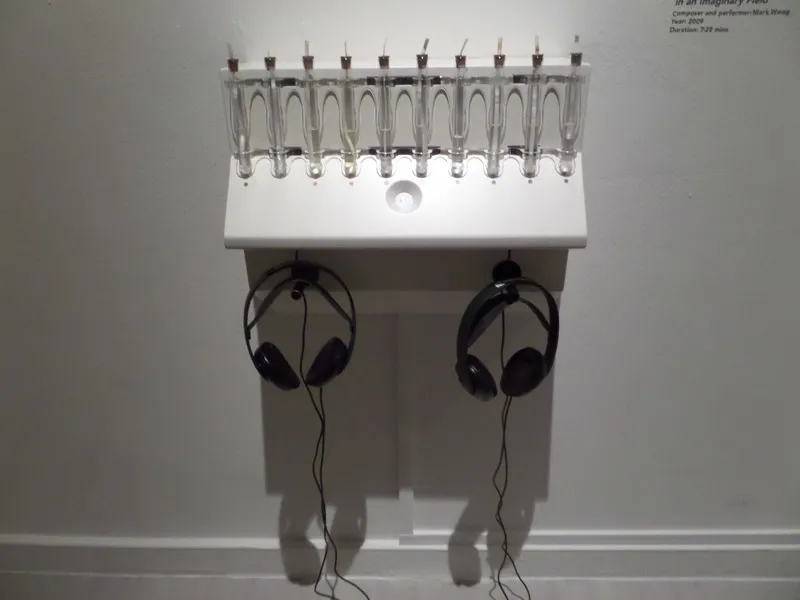
The Scent of Music: Artist Goldie Poblador has chosen a set of perfumes to go with specific pieces of music: as you listen to the music on headphones, you systematically sniff the perfumes in the specified sequence – and note how your mood changes with the combination of music and scent.
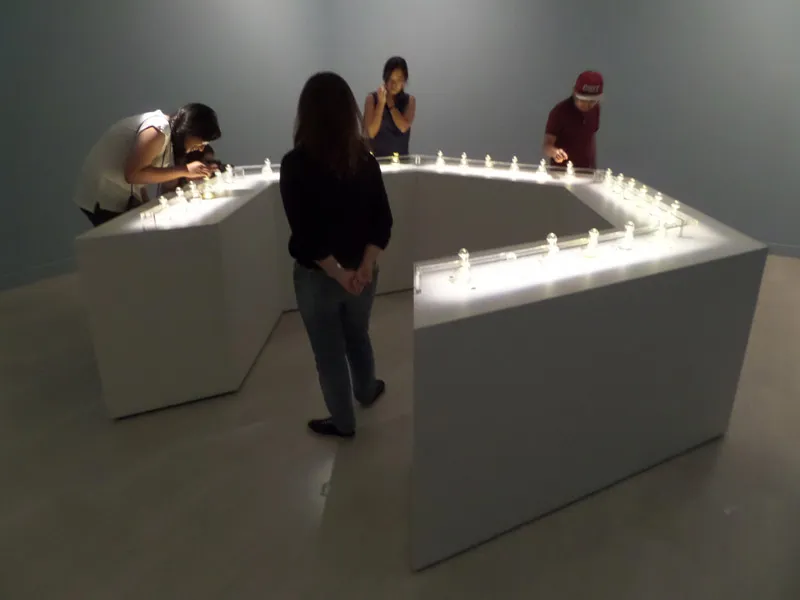
Dollars and Scents: There is a whole industry based on commercial perfumes, but artists have also taken to this medium and created entirely new blends of creative perfumes, sampled in this gallery.

Flip flop: This artist questions basic assumptions – do paintings always have to be on walls? This painting starts on the floor, and ‘crawls’ up the wall!
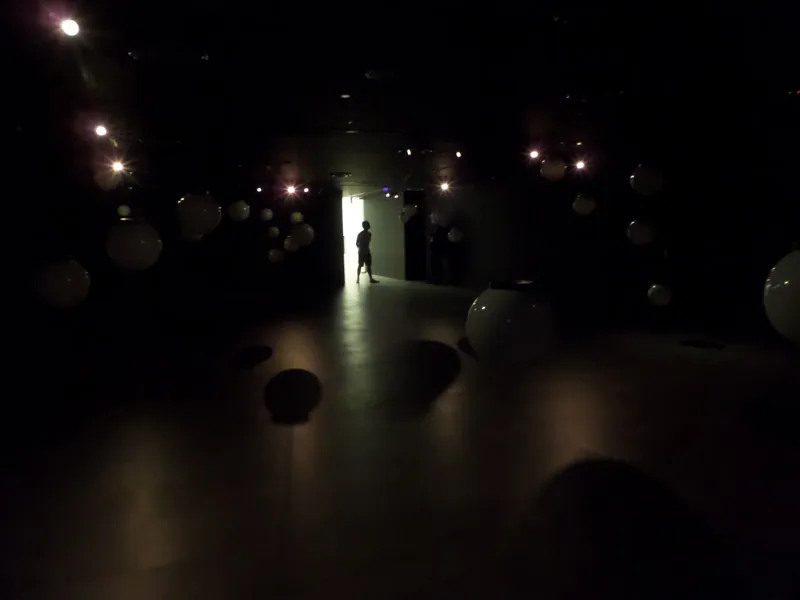
Triggers of the imagination: Contrasts can lead to new perspectives, and twilight is a great time to study transitions. New perspectives emerge when there is just barely a hint of light in a dark surrounding, and the imagination works overtime in this dark gallery to figure out how many unlit lamps are suspended from the ceiling – and whether they will be turned on.
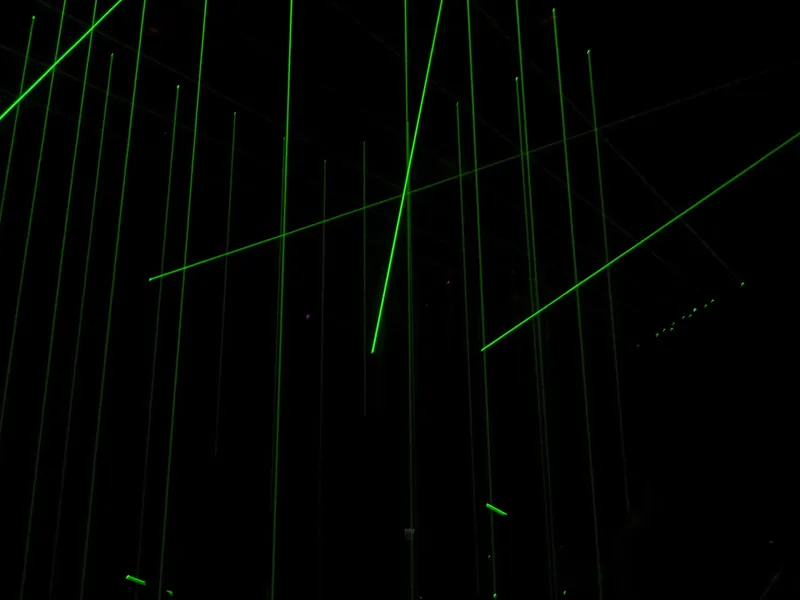
Light as matter: This dimly-lit room seems to have cages in it – but it turns out that the bars are actually beams of laser light.
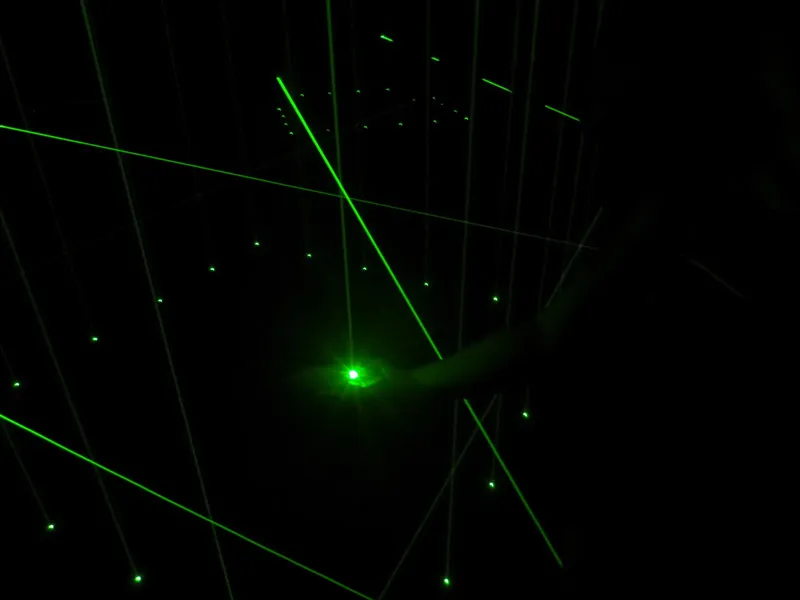
Holding light: An amazing experience – reaching out to touch the steel bar of the cage, but then realising that it is a laser beam you can ‘catch’ and ‘hold!’
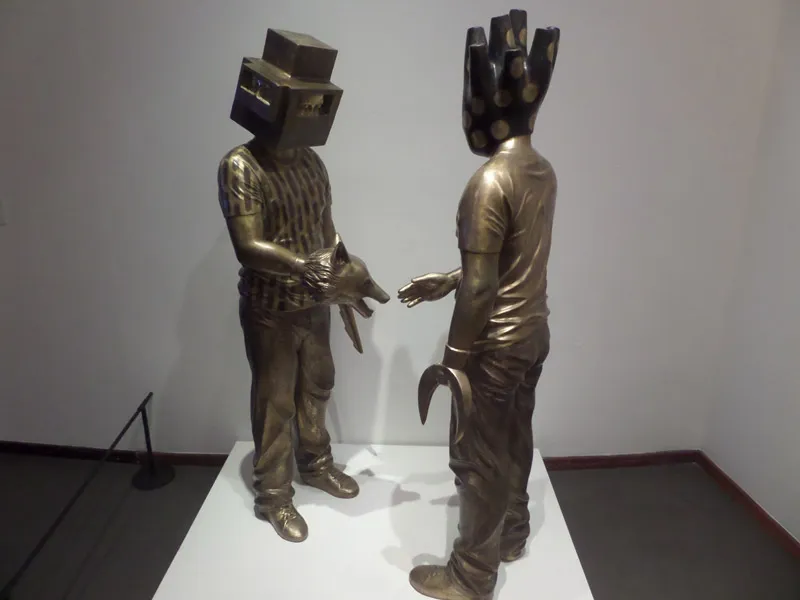
Metaphors: Animals and Machines. The traditional world of animals and the new world of machines are common metaphors that have crept into our language and can frame activities such as this ‘handshake.’ What brings out the animal in us – or reduces us to machines? Or is it the other way round?
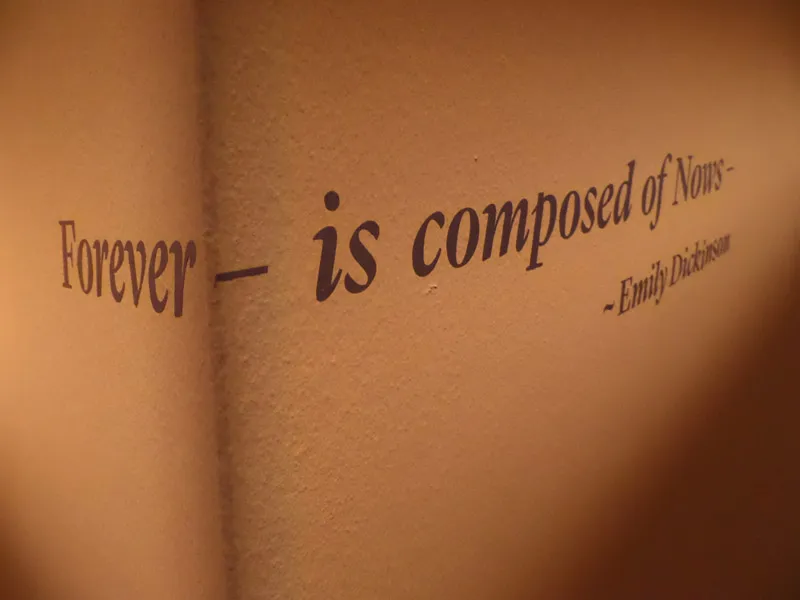
Timeless quote: This gem by poet Emily Dickinson is painted across two walls, aptly calling for a change of perspective!
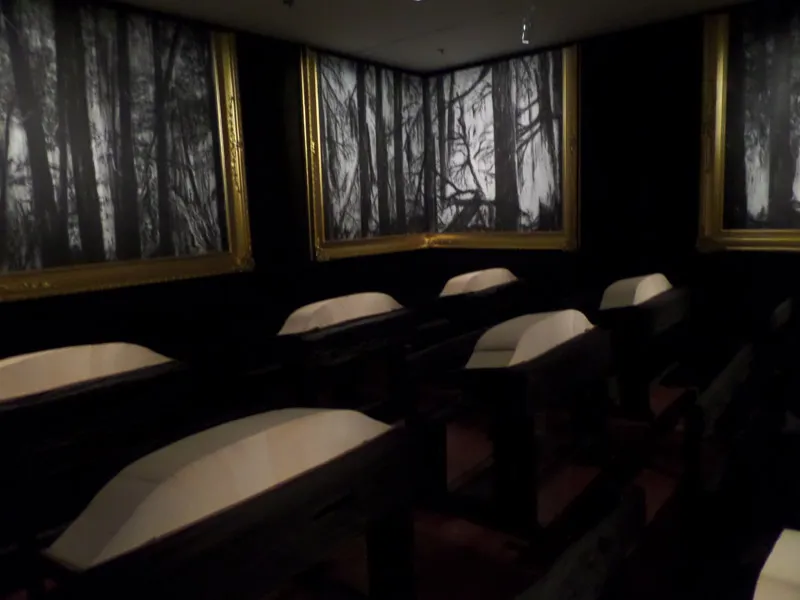
Cycle of life: This multi-modal installation by Indonesian artist Titarubi highlights the ‘link between Sakti and education.’ Trees have given us wood and paper, which revolutionised the world of knowledge dissemination. But the books in this installation are blank – what will we write in them? Wood is used in funeral pyres – what will we achieve in our lives? The drawings in the background are made of charcoal – what else will fire destroy and re-create?
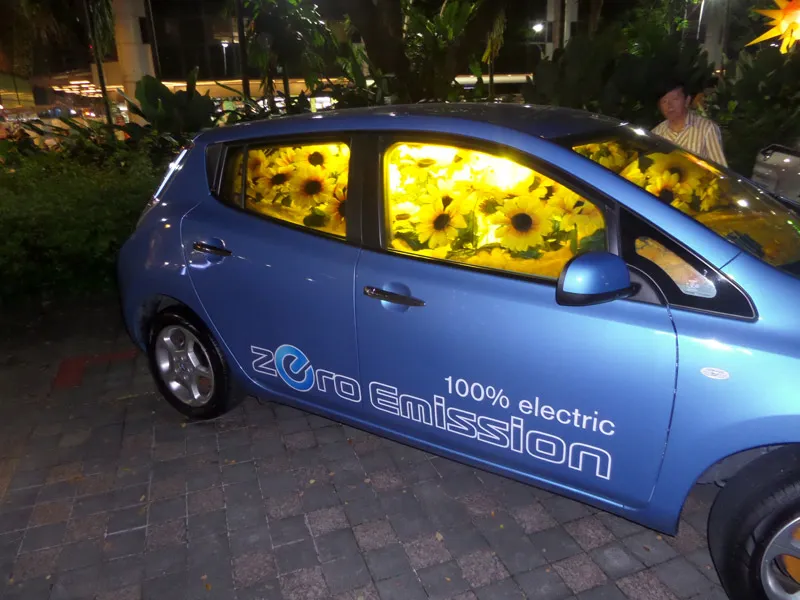
Art and the future: Trees have also given us fossil fuels, but how long can they last? This installation by a French artist creatively asks us to envision an alternate future with electric cars, and the car full of sunflowers evokes an environment-friendly message.
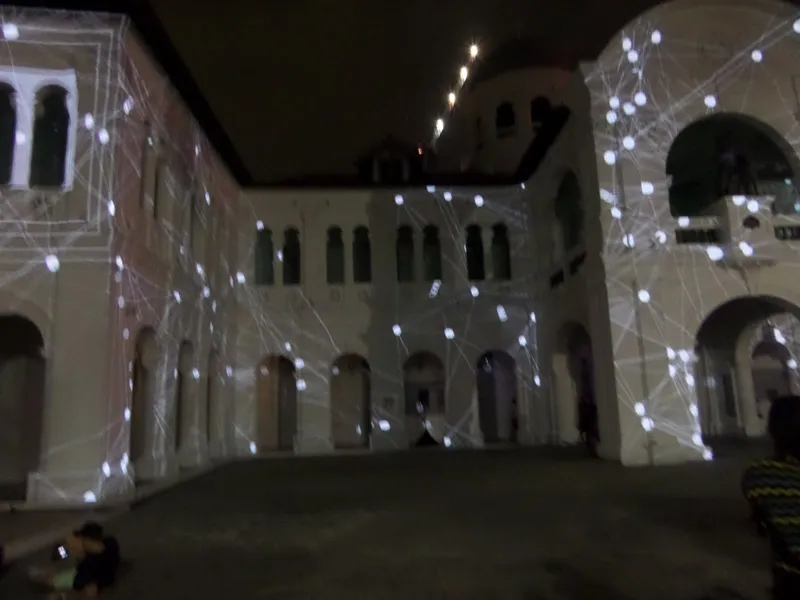
Time Tunnel: The outside of a building can be a changing wall for art just as the inside. The light projections on the Singapore Art Museum façade seem to make it travel back in time to the medieval era and even turn it into a constellation.
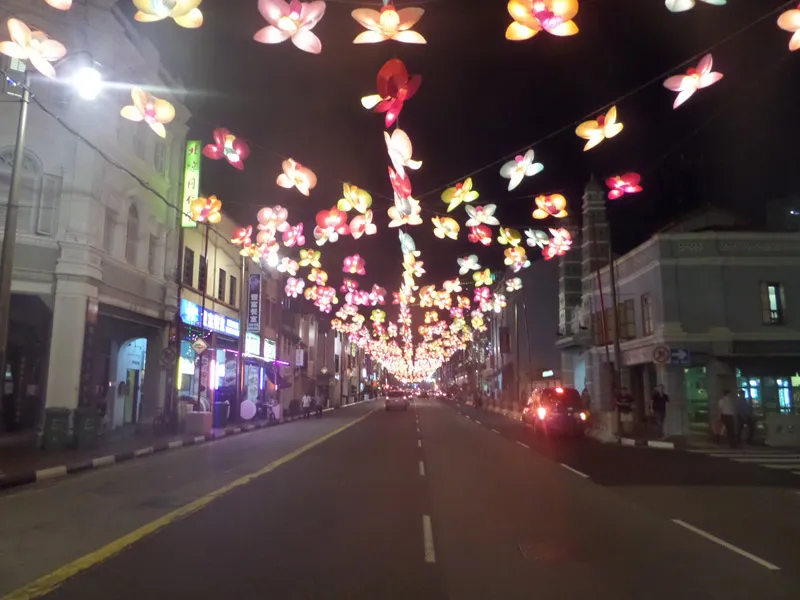
Duality: So when you are starved for ideas, flip your perspective or invert your frame – and new insights can emerge. Just as in the above photograph, which is a night-time version of the first photograph in this series!
Got a good creative inspirational photograph to share? Email us at [email protected]!


![[Photo Sparks] Beyond the Senses: Thinking out of the box at the Sensorium in Singapore!](https://images.yourstory.com/cs/wordpress/2014/09/PhotoSparks.jpg?mode=crop&crop=faces&ar=2%3A1&format=auto&w=1920&q=75)




